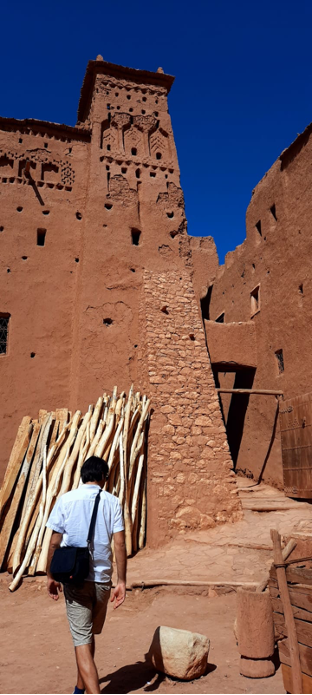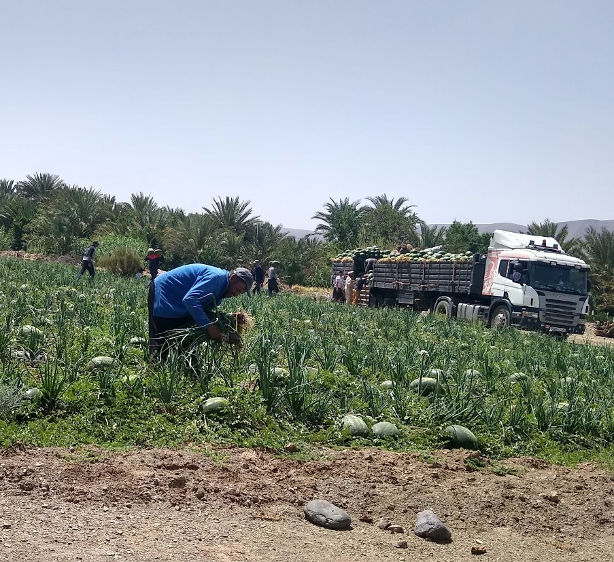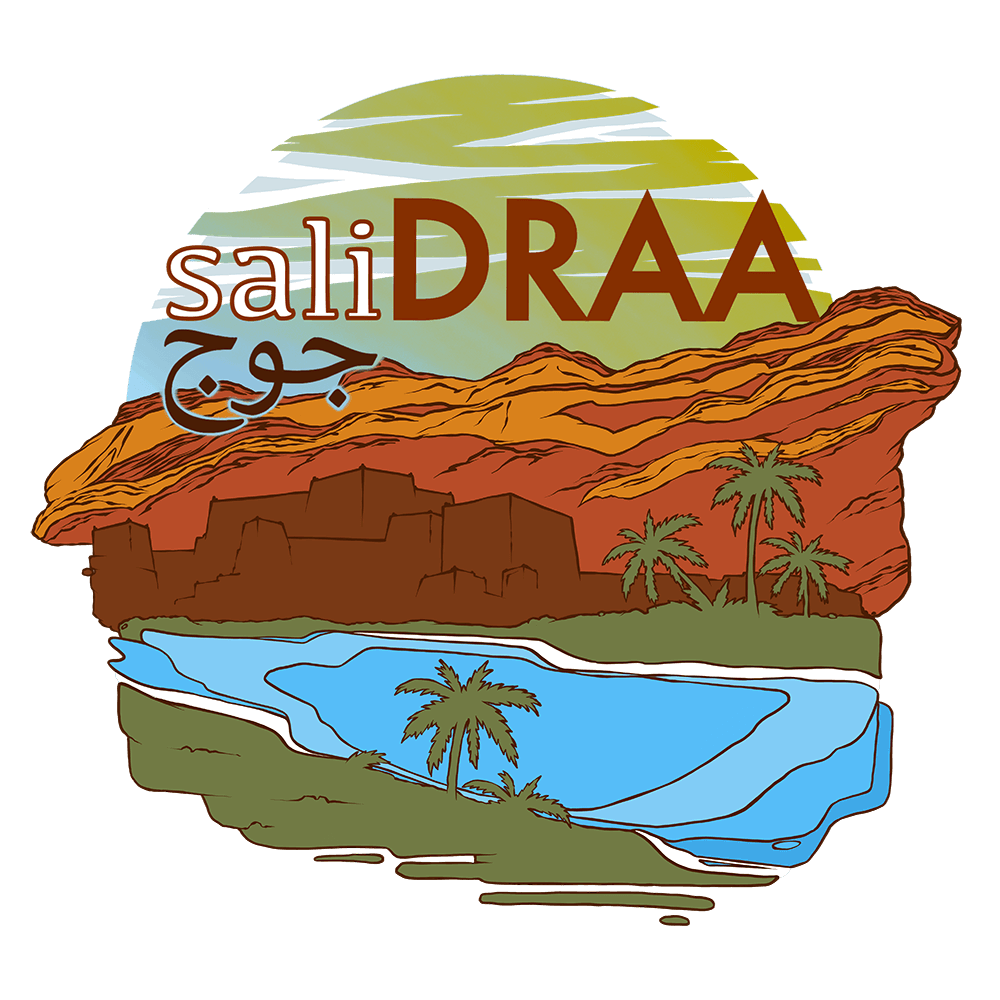
20 Sep Socio-economic, water and land conflicts field trip

The socio-economic team conducted fieldwork in the Middle Draa Valley from Sep 20th to Dec the 2nd. Imane conducted questionnaires for a joint study with the ecological team, in relation to the water quality in the upper, middle and lower draa valley and its relation to the human well-being and satisfaction. In the same periode, Imane conducted exploratory interviews to investigate the possibility to apply the “replacement cost approach” in the oases of the Middle Draa valley, for which the objective was to value the loss that people endure from replacing certain services, such as agricultural water.
During this fieldwork, Luis investigated the main factors mediating access to collective lands and groundwater in Feija. In recent years a rapid population growth and consecutive drought events have made it harder for local inhabitants to find in agriculture inside the oases a sufficient source of income to support their families. For this reason, collective lands with easy access to groundwater have become of increased interest for the local inhabitants, acting as an escape valve for the growing social pressure created by the lack of employment in the oases. Our main research question was what are the social relations, mechanisms, and processes affecting people’s ability to derive benefits from collective lands and groundwater in collective land outside the Middle Draa Oases? Our findings shed some light on the social dynamics and drivers that shape the way groundwater and collective lands are used in the study area. We will be present these findings in a scientific article in the coming months.

